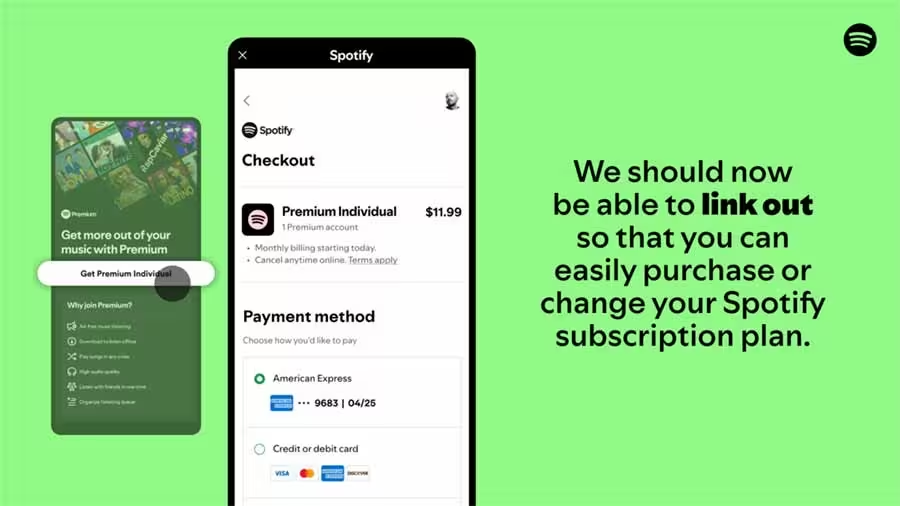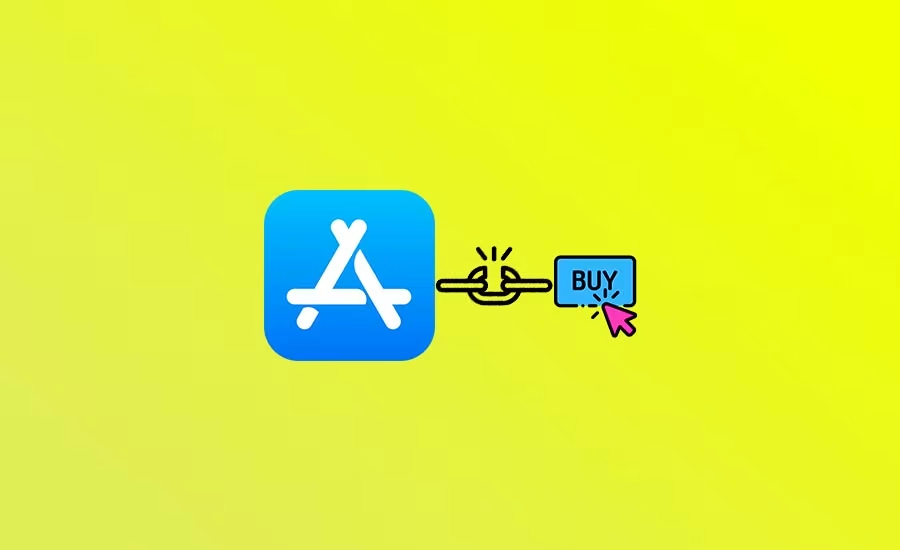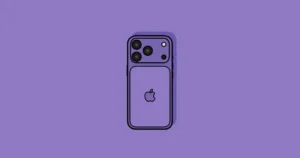It’s official; developers can now legally invite you to spend your money outside the App Store, and Apple can’t charge a commission for it.
That’s the new reality following the latest chapter in the long-running Epic v. Apple saga, where Apple has begrudgingly updated its App Store Guidelines to fall in line with the court’s ruling earlier this week.
Developers, Meet Your New(ish) Freedom
In the U.S. storefront, Apple now allows developers to include external links and buttons that steer users to their own websites to make purchases, bypassing Apple’s infamous in-app purchase system. This is big. Before this update, if an app even dared mention there was another way to pay, it risked getting booted off the store. Now? Not only can developers include links, they don’t need to apply for special permissions to do so.
The guidelines have been revised in several key sections, including rules on in-app purchases, NFTs, and reader apps. The changes don’t apply globally (sorry, rest of the world), but in the U.S., they’re a real step toward loosening Apple’s iron grip on how digital money moves.

As noted by 9to5Mac, the new rules emphasize that U.S. apps can use external links, buttons, or calls to action without needing entitlements. Developers outside the U.S., though, still need to jump through Apple’s hoops, for now, at least.
Related: Epic Games Challenges Apple Again with Zero Commission Plan and App Store Workaround
Related: Spotify Updates App to Ditch Apple’s In-App Purchase Restrictions Following Court Ruling
Apple Plays Nice (But Only Because It Has To)
Judge Yvonne Gonzalez Rogers didn’t mince words. Apple cannot restrict developers from offering links to external payment methods, nor can it take a cut from purchases made outside the app. Apple, while appealing the decision, said it would comply “for now.”
Which is legal speak for: “We’ll do it, but don’t get used to it.”
And while the update is a win for devs and arguably for users, it’s also a clear signal that Apple is trying to stay ahead of more regulatory pressure. Between soft iPhone sales in China and competitors racing ahead with AI, Apple’s probably realizing it can’t afford more bad press over App Store policies.
Let’s just say, the walls haven’t fallen, but they’re definitely cracking.






